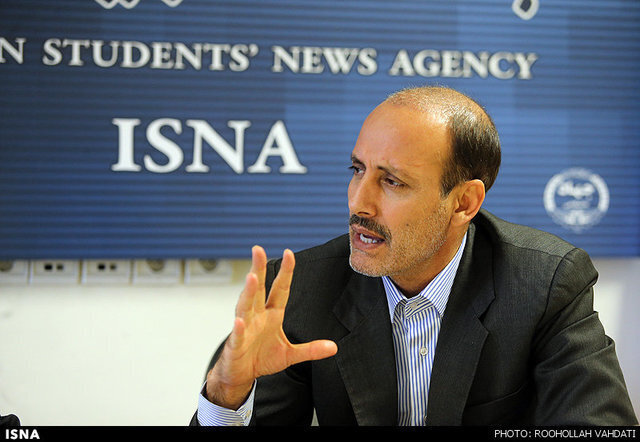Europe’s dependence on U.S. impedes efforts to preserve nuclear deal: expert

TEHRAN - Nozar Shafiei, an expert on international affairs, has said that Europe’s dependence on the United States impedes efforts to support and preserve the 2015 nuclear deal, officially known as the JCPOA.
“Europe’s structural dependence on the United States in various areas, especially in spheres of security and economy, impedes efforts of Borrell [EU foreign policy chief Josep Borrell] in supporting and preserving the JCPOA,” he told ISNA in an interview published on Friday.
It is obvious that Europe is not capable of countering the U.S. sanctions, he noted.
EU foreign policy chief Josep Borrell has said that Europe must ensure Iran’s benefits from the nuclear deal if it wants the deal to survive.
“If we want the Iran nuclear deal to survive, we need to ensure that Iran benefits if it returns to full compliance,” he wrote in an article in the Project Syndicate published on February 8.
Borrell was notified in January by Paris, London and Berlin that they had triggered the dispute mechanism.
He has said that the EU will extend indefinitely the time limit to resolve disputes in the nuclear deal to avoid having to go to the UN Security Council or triggering new sanctions.
“There is agreement that more time is needed due to the complexity of the issues involved. The timeline is therefore extended,” Borrell said in a statement on January 24.
In the meeting with Borrell in Tehran on Feb. 3, President Rouhani criticized the EU for failing to honor its commitments after the U.S. quit the deal and reinstituted sanctions on Iran.
However, Rouhani said, “The Islamic Republic of Iran is still ready to cooperate with the European Union for resolving issues, and at any time that the other side (EU) fully observes its commitments Iran will also return to its commitments.”
In May 2019 Iran started to reduce its commitments to the JCPOA at bi-monthly intervals in response to the abrogation of the pact by the U.S. coupled with the European Union’s inaction to shield Iran’s economy from sanctions.
In an article published by The New York Times on Monday, it is said that the Instrument in Support of Trade Exchanges (INSTEX) is a prime example of the futility of Europe’s struggle for strategic autonomy from the United States.
Ever since U.S. President Donald Trump withdrew from the JCPOA in May 2018, European countries have struggled to come up with an appropriate response, said the article.
The European Union, including Germany, has pledged to uphold its commitment to trading with Iran, it added.
“But Europe has had a hard time living up to this promise,” the paper said.
It also said, “The enormous impact of America’s secondary sanctions comes not just from the market power of the United States, but also from the power of the dollar and America’s capacity to legally or factually control financial transaction systems.”
“One key, then, to Europe obtaining ‘strategic autonomy’ in international relations, is obtaining a capacity for independent financial transactions. Which brings us back to INSTEX,” it added.
NA/PA
